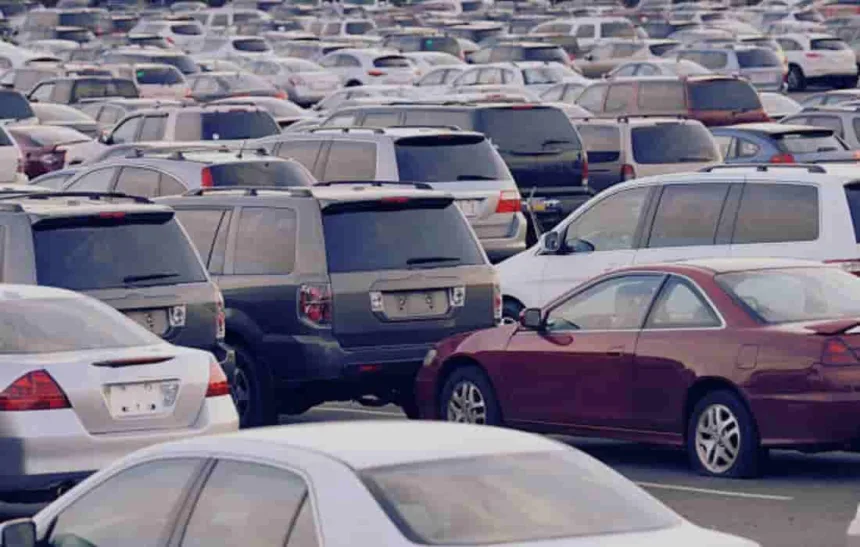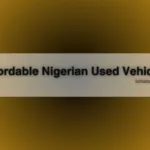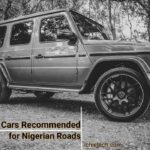Nigeria’s used car market, once a bustling sector of the economy, is facing a significant downturn. Analysts are pointing to a combination of economic factors, including the devaluation of the naira, rampant inflation, the unstable foreign exchange (FX) market, and rising costs associated with clearing imported vehicles through customs. These challenges have put newer foreign-used cars out of reach for many Nigerians, leading to a surge in demand for locally used vehicles.
The Naira’s Decline and Its Impact
The Nigerian naira has witnessed a steady decline in value against major currencies like the US dollar. This devaluation has a direct impact on the cost of imported vehicles. As the naira weakens, the cost of purchasing these cars in foreign currency rises, leading to higher prices for consumers within Nigeria. In the past year alone, the cost of some popular used car models has risen by as much as 50%.
Inflation Takes a Toll
Nigeria, like many countries worldwide, faces the growing scourge of inflation. Prices for consumer goods have skyrocketed, eroding the purchasing power of Nigerian citizens. With household budgets under increasing strain, large financial outlays like purchasing cars, new or used, are being delayed or abandoned altogether. Additionally, inflation has raised the prices of spare parts and vehicle maintenance, adding to the overall cost of ownership.
High Customs Costs and the Unstable FX Market
Importers of used cars are confronted with significant financial hurdles when clearing their vehicles through Nigerian customs. High import duties and tariffs can substantially increase the overall cost of bringing these vehicles into the country. Further instability is injected into the market by Nigeria’s unpredictable foreign exchange rates, making it difficult for importers to project future costs reliably and price their vehicles accurately.
A Shift Toward Nigerian-Used Vehicles
The cumulative effect of these economic pressures has been a marked decline in the importation and sale of foreign-used cars, known locally as “Tokunbo”. As imported cars become increasingly expensive, Nigerian consumers are opting for more affordable Nigerian-used vehicles. The demand for these locally acquired cars has grown, although many analysts fear that even used cars manufactured or previously owned in Nigeria will inevitably become less affordable if economic conditions don’t improve.
Industry Voices Highlight the Struggle
Car dealers across Nigeria are voicing their concerns about the state of the used car market. “Sales have dropped drastically,” laments Olawale Adebayo, a used car dealer in Lagos. “People simply can’t afford the prices we have to charge to cover our costs and make a profit.”
The ripple effects of the used car sales slump are being felt throughout the economy. Job losses in the automotive sector are a growing concern, as are declines in government revenue, with fewer imported cars entering the country due to reduced demand.
An Uncertain Future
The outlook for the Nigerian used car market remains uncertain. Economic forecasters offer limited optimism for imminent relief from the pressures driving down sales. While some market analysts point to the resilience of the Nigerian consumer, there seems to be little room for a short-term rebound without improvement in the country’s economic situation.
The challenges facing Nigeria’s used car market highlight broader concerns about the nation’s economy. If the country can’t find a way to stabilize the naira, address inflation, streamline customs processes, and provide confidence in the foreign exchange market, the used car industry may be a harbinger of further difficulties to come.










